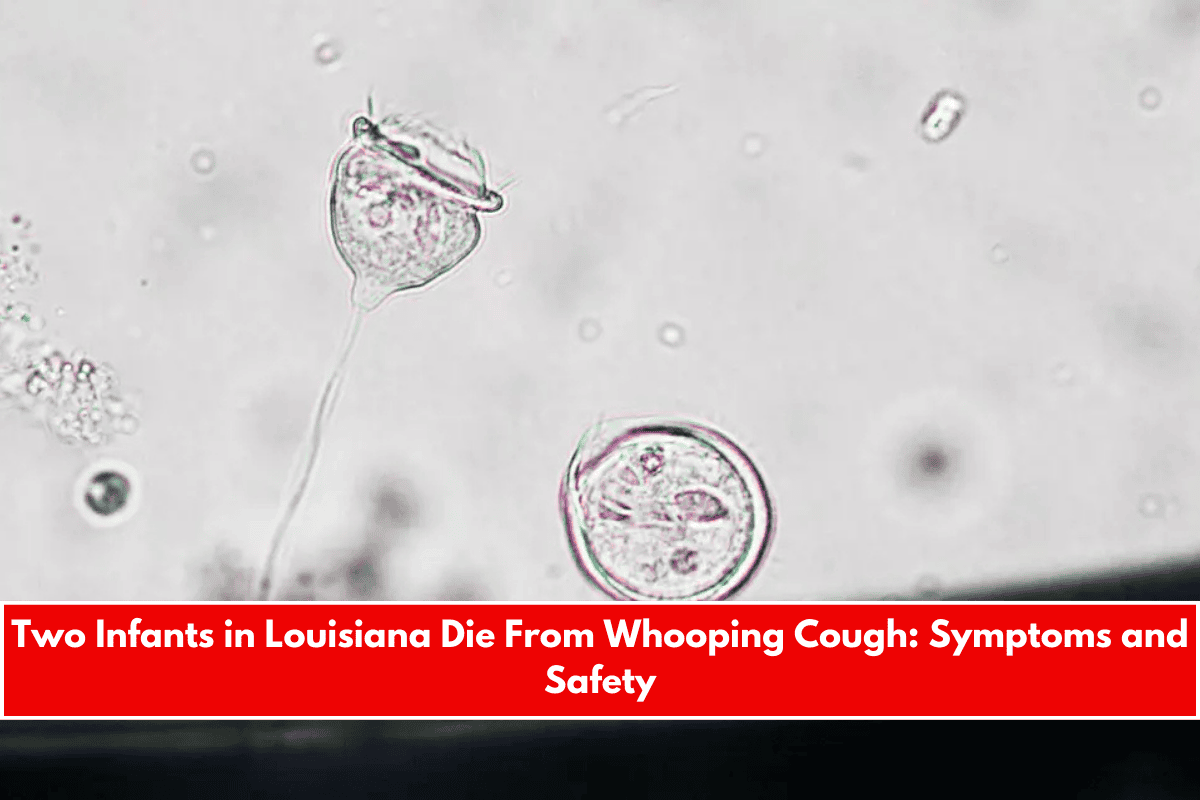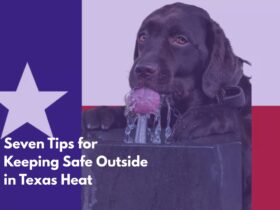A sad incident has occurred in Louisiana, where two infants have died due to whooping cough in recent months. As this highly contagious disease continues to spread across the United States, health experts are urging people to take it seriously. Especially dangerous for babies and young children, whooping cough — also known as pertussis — can quickly turn from mild symptoms into a life-threatening condition.
Here’s how to recognize the signs, understand the difference between whooping cough and common allergies, and learn what steps to take to keep your family safe.
What Is Whooping Cough and How to Spot It
At first, whooping cough can look like a simple cold. You may notice a runny nose or a mild cough, and that’s why it often goes unnoticed in the beginning. These early signs can appear anywhere from 5 days to 3 weeks after being infected.
However, as the disease develops, the symptoms become more serious. According to the Centers for Disease Control and Prevention (CDC), what feels like a normal cold for adults can be very dangerous for infants. Babies often do not cough at all. Instead, they may stop breathing for several seconds, which can be deadly.
The Louisiana Department of Health says that the later-stage symptoms include:
– Long coughing fits followed by a loud “whoop” sound when breathing in
– Vomiting during or after coughing
– Feeling extremely tired after coughing
– Having trouble breathing
If your child or anyone in your family shows these symptoms, especially a baby, it’s important to see a doctor right away.
How to Stay Safe From Whooping Cough
Whooping cough spreads easily through coughing, sneezing, and close contact. If someone has it, they can quickly infect others around them — especially those who haven’t been vaccinated.
1. Vaccination Is the Best Protection
The best way to prevent whooping cough is through vaccination. Babies, children, teens, and even adults are advised to take the DTaP or Tdap vaccine, depending on their age. Pregnant women are also encouraged to get the vaccine so they can pass on protection to their unborn baby.
2. Practice Good Hygiene
The CDC recommends simple hygiene habits to help stop the spread. These include:
– Washing hands regularly with soap
– Covering your mouth when coughing or sneezing
– Using tissues when blowing your nose
– Avoiding close contact with sick people
These small actions can go a long way in keeping you and your family safe.
3. Ask About Preventive Antibiotics
If you think you’ve been in close contact with someone who has whooping cough, speak to your doctor. They may suggest preventive antibiotics, especially if you’re around young children or babies who are more at risk.
4. Immunity from a Past Infection
Though not the ideal way, people who have had whooping cough before might have some level of natural immunity. However, even if you’ve had it, it’s still smart to stay alert, as reinfection can happen.











Leave a Reply